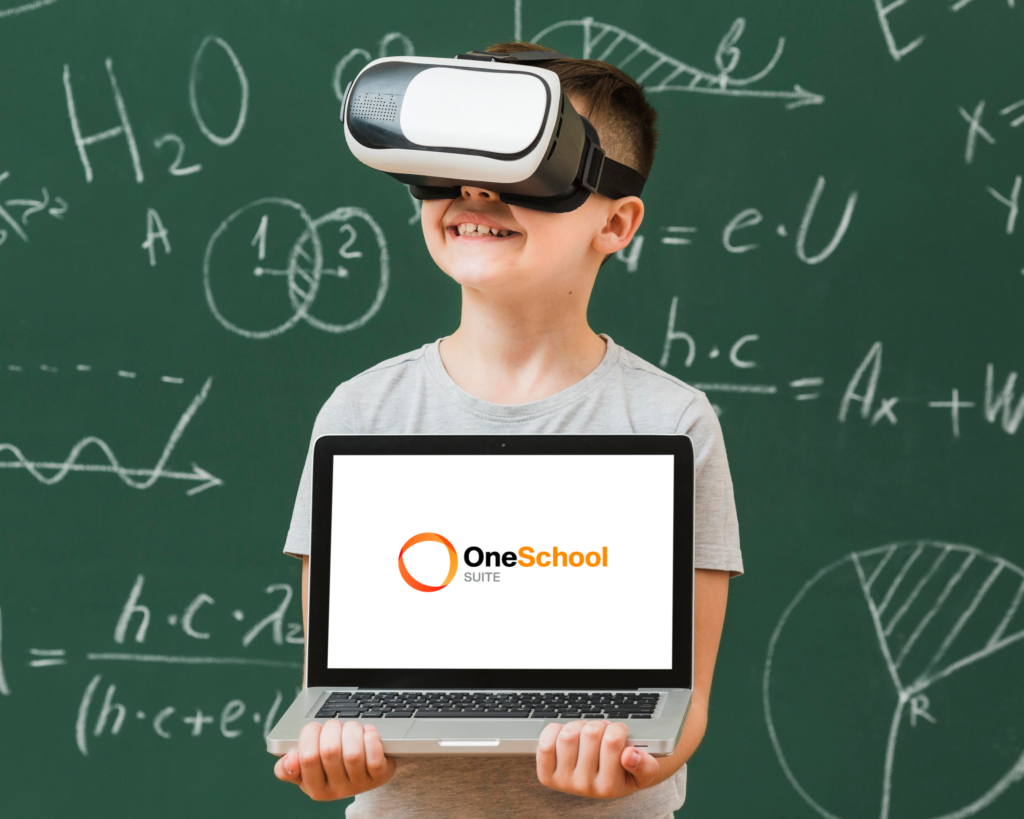The Role of AI in Personalized Learning
Artificial intelligence (AI) is reshaping education by enabling personalized approach to learning by addressing students’ individual needs. Through personalized learning, AI has the potential to significantly enhance educational outcomes by making lessons more engaging and adaptive to each student’s pace and style. This technology is crucial in today’s diverse classrooms, where a one-size-fits-all approach often falls short.

Understanding Personalized Learning
Personalized learning tailors educational content and pace to individual students, supporting different learning needs, strengths, and styles. By adapting lessons to each student’s pace, personalized learning can improve engagement and retention. As education systems evolve, AI is increasingly seen as a key tool in delivering these customized experiences at scale.
How AI Powers Personalized Learning
AI offers several methods to personalize learning, primarily through adaptive platforms and real-time feedback systems.
Adaptive Learning Platforms:
- AI-powered adaptive learning platforms continuously analyze student performance to adjust the difficulty, pace, and focus of lessons.
- For example, platforms like DreamBox and ALEKS use AI algorithms to determine where students need additional practice, automatically adjusting content in real-time to support individual needs.
- According to a report by McKinsey, adaptive learning can improve test scores by as much as 20% over time, as students receive content that directly addresses their skill gaps (McKinsey, 2020).
Real-Time Feedback and Assessment:
- AI can provide instant feedback on assignments, quizzes, and practice exercises. This real-time feedback helps students correct mistakes immediately and keep up with lessons.
- A study by the Center for Digital Education found that students using AI-powered tools for feedback showed a 12% improvement in retention rates compared to traditional learning methods, as they could address learning gaps faster (CDE, 2021).
AI-Driven Data Analysis for Customization
Data analysis is at the heart of AI-driven personalized learning. By collecting and interpreting vast amounts of data, AI systems can detect patterns in student performance and learning behaviors.
- Predictive Analytics:
AI uses predictive analytics to assess a student’s potential trajectory and identify early signs of struggle. This allows educators to intervene proactively, preventing students from falling behind. For example, predictive models can identify students at risk of disengagement, enabling timely support that helps students stay on track. - Customized Curriculum Creation:
AI-driven content recommendation engines create tailored pathways for each student. For instance, Knewton and other platforms utilize data insights to generate customized exercises that fit a student’s unique learning journey.
Benefits of AI-Enhanced Personalized Learning
The benefits of AI-powered personalized learning extend across multiple dimensions, from academic outcomes to accessibility.
- Improved Learning Outcomes:
AI-driven personalization can boost academic performance by addressing learning gaps more effectively. The RAND Corporation reports that students in personalized learning environments scored 8 percentile points higher than their peers in traditional settings, highlighting the positive impact of tailored education on overall achievement (RAND, 2019). - Enhanced Engagement:
AI-based personalized content keeps students more engaged, as it is crafted to align with their interests and progress. Increased engagement has been linked to better retention rates and motivation levels, as students find the material relevant and appropriately challenging. - Scalability and Accessibility:
AI’s ability to scale makes personalized learning feasible for large classrooms, reducing the strain on teachers while maintaining customized learning paths for each student. Furthermore, AI tools are becoming instrumental in supporting students with special needs, as they can adjust content for accessibility, such as providing visual aids or adaptive assessments for students with learning disabilities.
Challenges and Ethical Considerations
While AI offers significant advantages, it also brings challenges that educators and developers must address.
- Data Privacy and Security:
AI’s reliance on personal data raises concerns about data privacy, especially for young learners. Ensuring that AI platforms comply with privacy regulations like FERPA in the U.S. or GDPR in Europe is crucial to maintaining student trust. - Bias in AI Algorithms:
AI systems may inadvertently perpetuate biases based on the data they are trained on. Biased algorithms can affect educational equity, disadvantaging certain groups of students. Educators and developers must prioritize fairness and inclusivity when building and deploying AI models in educational settings.
The Future of AI in Personalized Learning
Looking forward, AI’s role in education will continue to grow, integrating with hybrid learning models that combine AI-driven personalization with human instruction. Emerging trends include AI-driven tutoring, emotion recognition, and cross-platform learning experiences that adapt seamlessly to students’ progress across different subjects and devices. These innovations hold the promise of making lifelong learning more accessible and tailored, supporting not only school-aged students but professionals and adult learners.

Conclusion
AI’s role in personalized learning is transformative, offering students a more customized, engaging, and effective educational experience. While challenges around data privacy and fairness remain, AI has the potential to create a more accessible, inclusive, and adaptive future for education. As the technology evolves, it is essential for educators, policymakers, and tech developers to collaborate on ethical practices that ensure AI’s benefits reach all learners.
Sources
- McKinsey & Company. (2020). "How adaptive learning technology improves student performance."
- Center for Digital Education (CDE). (2021). "The role of AI in feedback and student retention."
- RAND Corporation. (2019). "The impact of personalized learning on student achievement."

